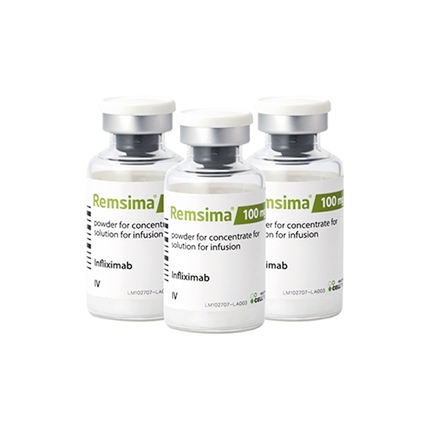- Bone Health
- Immunology
- Hematology
- Respiratory
- Dermatology
- Diabetes
- Gastroenterology
- Neurology
- Oncology
- Ophthalmology
- Rare Disease
- Rheumatology
Celltrion Dominates Republic of Korea Drug Exports, Targets Latin America
When it comes to exports, Celltrion Healthcare leads the way among Republic of Korea pharmaceuticals producers. The company's biosimilars are the leading exports.
The Republic of Korea’s might as a pharmaceutical producer continues to grow. The country’s Ministry of Food and Drug Safety reported a 62.5% surge in exports of medicine in 2020 to $8.7 billion, according to the Korea Biomedical Review.
The top 3 drugs among exported Korean pharmaceutical products were all biosimilars produced by Celltrion: Remsima (infliximab), $473 million; Herzuma (trastuzumab), $85.8 million; Truxima (rituximab), $65.5 million. These agents are used in the treatment of rheumatoid arthritis, breast and gastric cancer, and arthritis and lymphoma, respectively.
The top 3 international importers of Korean drugs were Germany ($1.85 billion), United States ($780 million), and Turkey ($589 million), according to the Review.
Eight biosimilar products produced in Korea were among the top 20 drugs exported in 2020.
The top 10 companies producing drugs in Korea in 2020 were Celltrion, whose output surged 149.2%, Hanmi Pharmaceutical, Chong Kun Dang, GC Pharma, inno.N, Daewoong Pharmaceutical, Yuhan, LG Chem, Dong-A ST, and JW Pharmaceutical. Almost all of these companies are involved in the production or distribution of biosimilars.
Hanmi has a heavy emphasis on insulin products. The company produced $992 million in medicines in 2020.
Celltrion’s Push Into Latin America
Celltrion said Tuesday, August 3, 2021, that it has contracted to market Herzuma and Truxima in Brazil following a successful bid to Brazil’s ministry of health. The company said it would supply trastuzumab to the public market, which accounts for 80% of trastuzumab demand in the country. Celltrion said that so far this year, it has won 8 state bids for supplying rituximab, including one in Sao Paulo, which it said is one of the largest state contracts.
“There is a great demand to substitute expensive original pharmaceuticals with biosimilar drugs with proven safety and efficacy to reduce health care costs in Central and South America,” said HoUng Kim, PhD, head of the Medical and Marketing Division at Celltrion. “We are excited to win one of the most important bids in Brazil for 2 consecutive years and will continue to expand our presence in the Central and Southern American market with our anticancer biosimilar products.”
In March 2021, Celltrion began direct sales of infliximab biosimilar in Colombia and is beginning to market rituximab and trastuzumab biosimilars there this summer. The company also plans to sell biosimilars in Peru and Chile starting in the third quarter of this year.
Click here for further reading on Celltrion's growing investment in biopharmaceutical production.
Click here for an article about Republic of Korea's 2019 pharmaceutical production and exports.
Newsletter
Where clinical, regulatory, and economic perspectives converge—sign up for Center for Biosimilars® emails to get expert insights on emerging treatment paradigms, biosimilar policy, and real-world outcomes that shape patient care.

